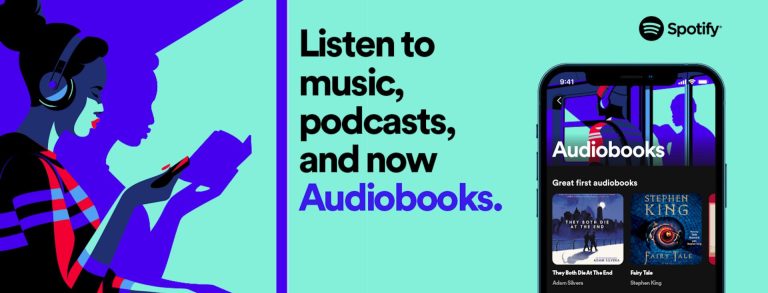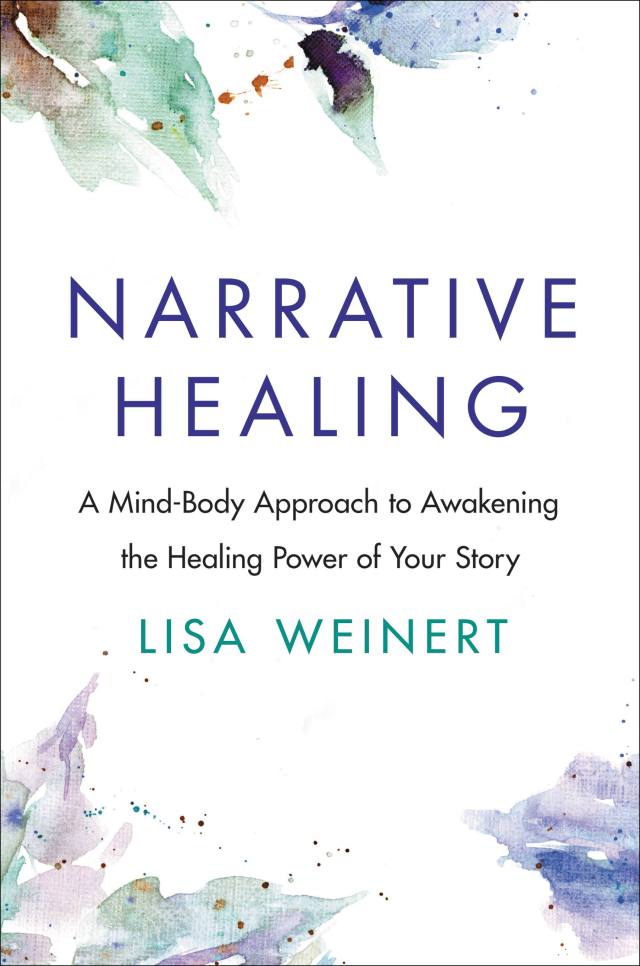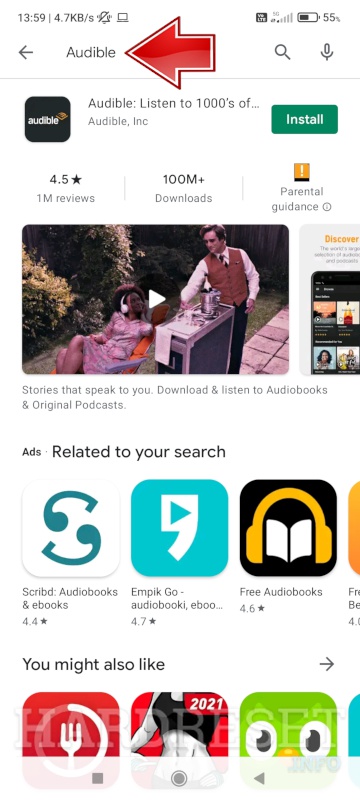How To Choose The Right Format For Audiobook Downloads
Welcome to the world of audiobooks, where you can dive into captivating stories and gain knowledge on the go. But with the multitude of formats available for audiobook downloads, how do you choose the right one for your needs? Fear not, my friend, for I am here to guide you through this audio adventure. In this article, we will explore the ins and outs of selecting the perfect format for your audiobook downloads, ensuring an immersive and enjoyable listening experience.
When it comes to choosing the right format for your audiobook downloads, there are a few factors to consider. First and foremost, compatibility is key. You want to make sure that the format you choose is supported by your preferred listening device or app. Whether you’re an Apple aficionado or an Android enthusiast, there’s a format out there that will seamlessly integrate with your device. Additionally, consider the audio quality. Some formats offer higher bitrates, resulting in crisper sound and enhanced immersion. So, if you’re a stickler for sound quality, be sure to opt for a format that delivers the audio fidelity you desire. So, let’s embark on this journey together and discover how to choose the right format for your audiobook downloads.
How to Choose the Right Format for Audiobook Downloads
- Step 1: Determine your device compatibility. Check if your device supports popular audiobook formats like MP3, AAC, or FLAC.
- Step 2: Consider the file size. MP3 files are smaller and widely compatible, while FLAC offers higher audio quality but larger file sizes.
- Step 3: Evaluate your storage capacity. If you have limited space, opt for compressed formats like MP3.
- Step 4: Check the availability of the format. Some audiobooks may only be available in specific formats.
- Step 5: Consider your listening preferences. If you prefer high-quality audio, go for formats like FLAC. Otherwise, MP3 should suffice.

How to Choose the Right Format for Audiobook Downloads
Audiobooks have become increasingly popular in recent years, providing a convenient and immersive way to enjoy literature. With the rise of digital platforms, there are now various formats available for audiobook downloads. However, choosing the right format can be a daunting task, especially for those new to the audiobook world. In this article, we will explore different audiobook formats and provide guidance on how to choose the best one for your needs.
Understanding Audiobook Formats
Audiobooks come in different formats, each with its own unique characteristics. The two main formats are:
1. **MP3**: MP3 is the most widely used and versatile audiobook format. It offers high audio quality and compatibility with a wide range of devices, including smartphones, tablets, and computers. MP3 files are compressed, allowing for smaller file sizes without significant loss in audio quality. This makes them convenient for downloading and storing multiple audiobooks.
2. **AAC**: AAC (Advanced Audio Coding) is another popular format for audiobooks. It provides better audio quality at lower bitrates compared to MP3. AAC files are commonly used in iTunes and are compatible with Apple devices such as iPhones, iPads, and iPods. If you primarily use Apple devices for listening to audiobooks, AAC may be the preferred format for you.
Pros and Cons of MP3 Format
MP3 format has been widely adopted due to its compatibility and convenience. Here are some pros and cons of choosing MP3 format for your audiobook downloads:
**Pros**:
– Compatibility: MP3 files can be played on a wide range of devices, including smartphones, tablets, and computers.
– Compression: MP3 files are compressed, allowing for smaller file sizes without significant loss in audio quality. This makes them easier to download and store.
– Versatility: MP3 files can be easily converted to other formats if needed, ensuring compatibility with different devices and software.
**Cons**:
– Audio Quality: While MP3 offers good audio quality, it may not be on par with formats like AAC or FLAC (Free Lossless Audio Codec). Audiophiles or those who prioritize high-fidelity audio may prefer other formats.
– Metadata: MP3 files have limited support for metadata, such as book covers, chapter information, and author details. This may affect the overall user experience, especially for audiobook enthusiasts who value additional information.
Pros and Cons of AAC Format
AAC format is commonly used by Apple devices and offers improved audio quality compared to MP3. Here are some pros and cons of choosing AAC format for your audiobook downloads:
**Pros**:
– Audio Quality: AAC provides better audio quality at lower bitrates compared to MP3. This means you can enjoy audiobooks with enhanced clarity and depth.
– iTunes Integration: AAC files are compatible with iTunes and seamlessly integrate with Apple devices. This makes it convenient for users who primarily use Apple devices for audiobook consumption.
– Enhanced Metadata Support: AAC format supports comprehensive metadata, allowing for detailed book information, chapter navigation, and cover art. This enhances the overall user experience for audiobook enthusiasts.
**Cons**:
– Limited Compatibility: AAC files may not be compatible with all devices and software. If you own non-Apple devices or prefer using third-party audiobook apps, AAC may not be the most suitable format for you.
– Larger File Sizes: Compared to MP3, AAC files tend to have larger file sizes due to better audio quality. This may require more storage space on your device.
In summary, MP3 and AAC are the two main formats for audiobook downloads. MP3 offers excellent compatibility and convenience, making it suitable for most users. On the other hand, AAC provides improved audio quality and enhanced metadata support, making it an excellent choice for Apple device users or those who prioritize a premium audiobook experience. Consider your device compatibility, audio quality preferences, and metadata requirements when choosing the right format for your audiobook downloads.
Key Takeaways: How to Choose the Right Format for Audiobook Downloads
1. Consider the device you’ll be using to listen to the audiobook.
2. Check the compatibility of the audiobook format with your chosen device.
3. Look for formats that offer high audio quality for an immersive listening experience.
4. Take into account the file size and storage capacity of your device.
5. Explore different formats to find the one that suits your preferences and needs.
Frequently Asked Questions
What are the different formats available for audiobook downloads?
When it comes to audiobook downloads, there are several different formats to choose from. The most common formats include MP3, AAC, and FLAC. MP3 is the most widely supported format and can be played on almost any device. AAC offers better sound quality but may not be compatible with all devices. FLAC is a lossless format, meaning it retains the original audio quality, but it also takes up more storage space.
Other less common formats include WMA, OGG, and WAV. It’s important to check the compatibility of these formats with your specific device before choosing to download in them. Additionally, some audiobook platforms may offer their own proprietary formats, so be sure to check if they are compatible with your preferred listening device.
What factors should I consider when choosing an audiobook format?
When choosing an audiobook format, there are a few factors to consider. Firstly, compatibility with your device is crucial. Make sure the format you choose can be played on your preferred device, whether it’s a smartphone, tablet, or dedicated audiobook player.
Secondly, consider the sound quality you desire. If you are an audiophile and want the best possible audio experience, you may prefer a lossless format like FLAC. However, if you prioritize convenience and storage space, a compressed format like MP3 or AAC might be a better choice.
Are there any differences in file sizes between audiobook formats?
Yes, there can be significant differences in file sizes between different audiobook formats. Lossless formats like FLAC tend to have larger file sizes because they retain the original audio quality without compression. Compressed formats like MP3 and AAC, on the other hand, use various compression techniques to reduce file size while sacrificing a certain level of audio quality.
The actual file size will also depend on the length and complexity of the audiobook. Longer audiobooks or those with multiple narrators or sound effects may result in larger file sizes regardless of the format chosen. It’s important to consider your storage capacity and data plan limitations when selecting an audiobook format.
Can I convert audiobook formats after downloading?
Yes, it is possible to convert audiobook formats after downloading. There are various software programs and online tools available that allow you to convert audiobook files from one format to another. However, it’s important to note that converting from a lossy format to a lossless format will not magically improve the audio quality.
When converting formats, there may be some loss of audio quality depending on the compression techniques used. It’s best to choose the desired format before downloading the audiobook to avoid any potential loss in quality during the conversion process.
Is there a preferred audiobook format for specific devices?
While MP3 is the most widely supported format and can be played on almost any device, some devices may have specific preferences for certain audiobook formats. For example, Apple devices like iPhones and iPads tend to work best with the AAC format, which is optimized for their hardware and software.
If you are unsure about the preferred format for your device, it’s best to consult the device manufacturer’s specifications or contact their customer support for guidance. Additionally, audiobook platforms may provide recommendations or guidelines for specific devices, so be sure to check their FAQs or support pages for more information.
How to make your audiobook meet ACX Standards – Super Simple
Final Thoughts
So there you have it, folks! Choosing the right format for your audiobook downloads doesn’t have to be a daunting task. By considering the factors we discussed, such as compatibility, audio quality, and personal preferences, you can make an informed decision that enhances your listening experience. Whether you prefer the convenience of MP3, the high-quality sound of FLAC, or the versatility of M4B, there’s a format out there that’s perfect for you.
Remember, it’s crucial to choose a format that works well with your devices and listening habits. Don’t be afraid to experiment and try different formats to see which one suits your needs best. And don’t forget to check the specifications of the audiobook platform or retailer you’re using, as they may have specific format requirements.
In the end, the most important thing is to enjoy the captivating world of audiobooks, no matter which format you choose. So sit back, relax, and let the words transport you to new realms of imagination and knowledge. Happy listening!






